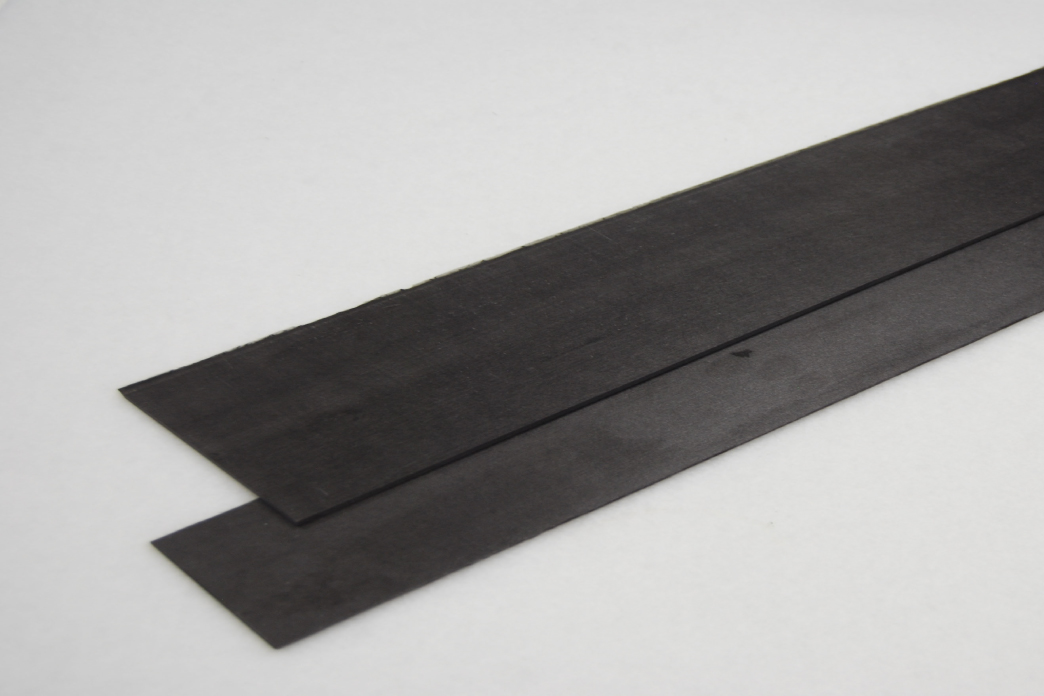Carbon fiber laminates unidirectional carbon fiber laminates are manufactured with 250 f cure carbon fiber pre preg carbon fibers impregnated with epoxy resin and cured with heat and pressure.
Unidirectional composite laminate.
Behavior of unidirectional composites.
The in plane shear and compressive properties of unidirectional ud hts40 977 2 carbon fibre toughened resin cf tr laminates are investigated.
Specimens were about 4 mm thick 20 mm wide and about 154 mm long.
Behavior of unidirectional composites.
Delamination was assumed to initiate at the location of the highest radial stress in the curved region.
Zweben editors elsevier science.
A unidirectional ud fabric is one in which the majority of fibres run in one direction only.
This discussion will reinforce the conclusion that a 90 0 ns laminate is the logical choice for use in backing out unidirectional composite strengths.
All tests are performed in laboratory conditions at room temperature.
A small amount of fibre or other material may run in other directions with the main intention being to hold the primary fibres in position although the other fibres may also offer some structural properties.
Note that specimen width is not a factor because both gripping area and applied force vary in direct proportion to specimen width.
Basics of composite laminates using lamination parameters elastic constants for a unidirectional lamina.
References 1 hart smith l j backing out composite lamina strengths from cross ply testing in comprehensive composite materials a.
This paper investigated delamination failure in a unidirectional curved composite laminate.
Behavior of unidirectional composites.
The minor poisson s ratio 21 2 12 1 ee is also used in the equations below.
The stack is defined by the fiber.
The dcb test specimen was made of a unidirectional fiber reinforced laminate containing a thin insert at the mid plane near the loaded end.
The lamina ply elastic properties are defined by the modulus in the fiber direction e1 the transverse modulus e2 the major poisson s ratio.
Scanning it is found that damage initiates by fibre microbuckling a fibre instability failure mode which then is followed by yielding of the matrix to form a fibre kink band zone that leads to final fracture.
Other composite fabrication methods.
The curved laminate failed unstably by delaminations developing around the curved region of the laminate at different depths through the thickness until virtually all bending stiffness was lost.
12 and the shear modulus g12.









